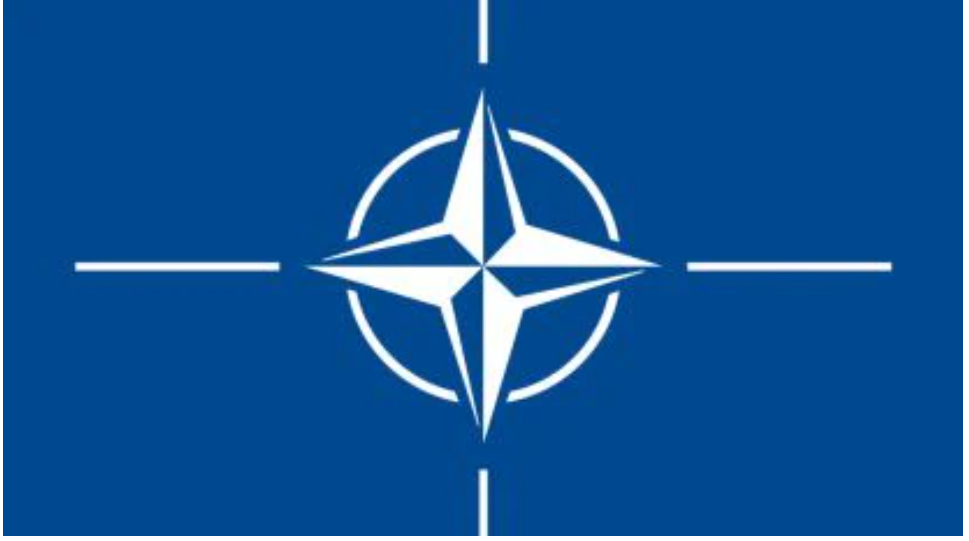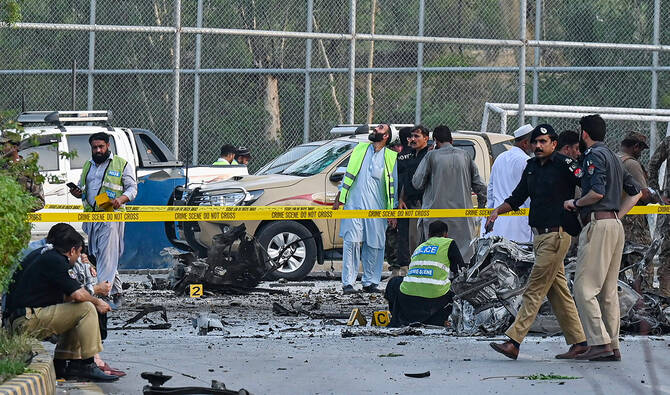By Manisha Sahu, America News World
October 18, 2025
In a tragic and dramatic escalation of tensions along the Afghanistan–Pakistan border, the Afghanistan Cricket Board (ACB) announced on Saturday that it is pulling out of the upcoming Tri-Nation T-20 I series involving Pakistan and Sri Lanka. The decision came in response to a deadly airstrike, allegedly by Pakistani forces, that killed three Afghan cricketers and dozens of civilians in the Paktika province.

Also read:-Russia pounds Ukraine’s gas sites, Kyiv forced to import more
The Airstrike and Its Fallout
Late on Friday, Pakistan launched airstrikes that reportedly hit residential areas in Afghanistan’s Spin Boldak (Kandahar) region and in Paktika’s Urgun and Barmal districts. According to local officials and media reports, the attacks struck civilian homes, markets, and gathering points.
Among the fatalities were three domestic Afghan cricketers, named by the ACB as Kabeer, Sibghatullah, and Haroon. In addition to the players, five other people from the same Urgun district were also reported killed, and seven more were injured.
The ACB said that the three cricketers were killed while they had “returned home to Urgun” following a local friendly match in Sharana. The strike allegedly occurred during a gathering.
Local health officials in Spin Boldak (Kandahar) reported high civilian casualties. Karimullah Zubair Agha, head of public health in the district, was quoted saying that casualty figures had already risen, with dozens dead and many injured. Survivors and witnesses claimed there were no military targets present in the attacked area. One survivor, Haji Bahram, said, “They bombed Muslim women and children. Pakistan carried out this act with complete audacity.”
The ACB’s Decision and Repercussions
In its statement, the Afghanistan Cricket Board expressed profound sorrow and grief over the deaths of the players, calling the attacks “cowardly” and carried out by the “Pakistani regime.” The board declared that, in response to the tragedy and “as a gesture of respect to the victims,” it would withdraw from the Tri-Nation T20I series scheduled for November.
The series had been slated to be held in Lahore and Rawalpindi from November 5 to November 29, involving Afghanistan, Pakistan, and Sri Lanka.
Afghanistan’s cricket captain, Rashid Khan, voiced strong condemnation of the bombings. He described them as “absolutely immoral and barbaric,” and lamented the loss of innocent lives, including children and aspiring cricketers. He welcomed the ACB’s decision to withdraw, stating that national dignity must come before sports engagements.
The decision is being widely seen as a symbolic protest, but its wider implications could touch not only sporting ties but diplomatic and security relations between the two nations, already reeling from recent border clashes.
Border Escalation and Diplomatic Context
This deadly airstrike comes amid a fresh spike in hostilities between Afghanistan (under the Taliban regime) and Pakistan. Earlier this month, the two sides had briefly agreed to a 48-hour ceasefire, in an attempt to ease tensions after cross-border exchanges of fire, artillery and drone strikes.
However, the ceasefire was soon breached. Afghan authorities accused Pakistan of violating the truce with renewed air raids in Paktika. Pakistan has justified its incursions on the grounds of targeting militant hideouts near the border — particularly in the aftermath of attacks inside Pakistan claimed by the Tehreek-e-Taliban Pakistan (TTP).
Reports suggest the Paktika strikes hit multiple locations in the Urgun and Barmal districts. Taliban officials and Afghan police maintain that the airstrikes targeted civilian areas, violating international humanitarian norms.
Pakistan’s official response has been more muted in publicly available reports, though media outlets are citing Pakistani security sources that tie the actions to militant activity across the border.
As the crisis deepens, peace talks are set to resume in Doha, with both sides reportedly agreeing to extend the temporary truce while discussions proceed.
A Tragic Blow to Cricket and Lives
The killing of three cricketers — young athletes likely with aspirations to represent their country on the international stage — has sent shockwaves through Afghanistan’s fragile sporting talent pool. In a country already beleaguered by war, political upheaval, and economic crisis, this episode adds a grim dimension to the human toll of cross-border conflict.
For Afghanistan’s cricketers, the decision to withdraw from the series is more than a political gesture. It is a statement that no match is worth the life of a compatriot. The ACB’s move also may resonate globally, drawing attention from international cricketing bodies, human rights organisations, and foreign governments monitoring South Asia’s volatile security landscape.
The path ahead is uncertain. Will the truce hold? Will diplomatic channels prevail over militarized escalation? And can sports — long seen as a bridge even amid conflict — survive in a region where even a cricket series becomes entangled in war?
For now, Afghanistan’s cricketing community mourns the loss of Kabeer, Sibghatullah, and Haroon, while a Tri-Nation series stands canceled, and a border conflict threatens to spiral further.
Discover more from AMERICA NEWS WORLD
Subscribe to get the latest posts sent to your email.









































Leave a Reply